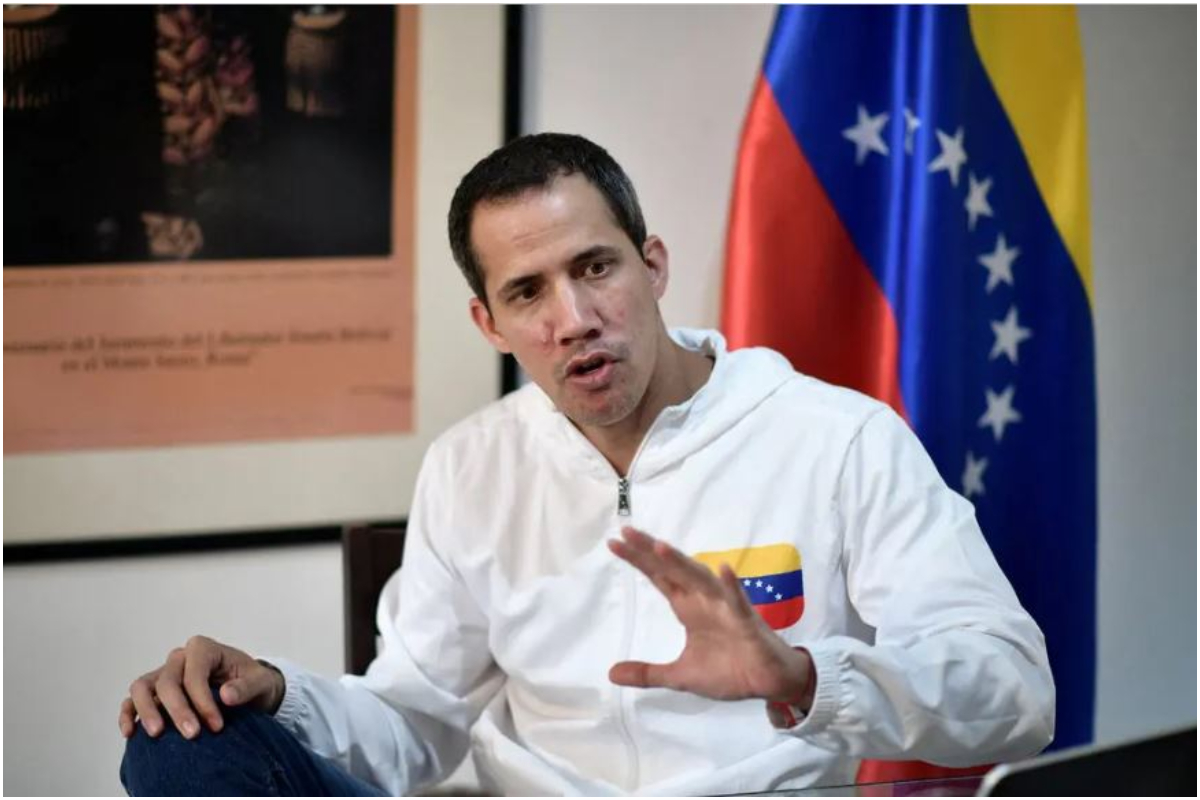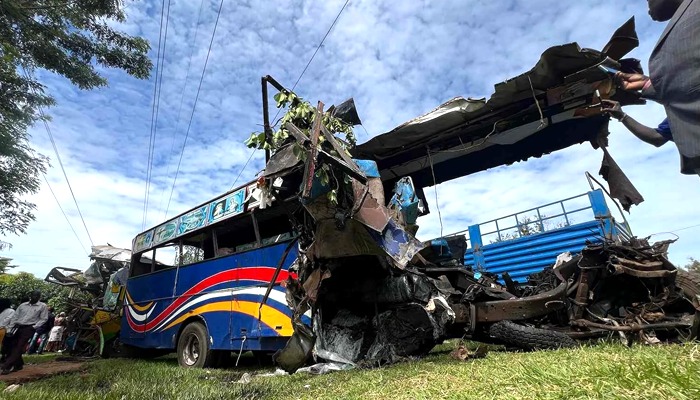- Juan Guaidó oversaw the Venezuelan opposition’s three-year campaign.
- The vote marks a shift in the opposition’s position of influence.
- Only 6% of Venezuelans said they would vote for Guaidó.
The vote marks a shift in the opposition’s position of influence as it looks for fresh tactics to appeal to voters in front of the country’s 2024 presidential election.
Juan Guaidó oversaw the Venezuelan opposition’s three-year campaign to force fresh elections and oust socialist leader Nicolás Maduro.
But on Friday, a large number of politicians who had previously supported Guaidó voted in favour of ousting the 39-year-old engineer and replacing his “interim government,” which had the backing of the United States, with a committee that would oversee the country’s upcoming presidential elections and safeguard its assets abroad.
The vote marks a shift in the opposition’s position of influence as it looks for fresh tactics to appeal to voters in front of the country’s 2024 presidential election.
The proposal to oust Guaidó, who was backed only by his own Popular Will party, received support from three of Venezuela’s four major opposition groups.
Following the vote, Guaidó claimed that the action would result in a “power vacuum” that would tempt more foreign governments to accept the Maduro government.
Who will they acknowledge as the temporary government’s replacement, he asked. “Today, we plunged into the depths. have given up on a crucial weapon in our fight.
Guaido’s opponents argued that fresh strategies for reaching voters should be developed. Some Venezuelans insult the interim government, calling it a “fake” government that has no control over regional institutions and cannot deliver even the most basic services.
Luis Silva, a participant in the online voting session for the Democratic Action party, stated, “I make my vote with a sorrowful heart.” “We need to seek for new strategies because we haven’t been able to reach a consensus.”
Political science professor Daniel Varnagy of Simon Bolivar University in Caracas claims that the opposition raised hopes under Guaidó’s leadership but broke its promises to those who wanted to see a change in the country’s political system.
Varnagy claimed that “he vowed to put an end to (Maduro’s) takeover, oversee a transition, and organise fair elections, and none of it occurred.”
Guaidó became the opposition’s leader in 2019 while serving as the head of the opposition-run legislature, which had started its five-year term in 2015 following what many observers regarded as Venezuela’s final free elections. It was the final institution free from socialist sway under Maduro.
Because his top competitors were disqualified from candidature, the National Assembly claimed Maduro obtained his second presidential term in an illegitimate manner in 2018. In order to prevent Maduro from remaining in power and preventing free elections from taking place, the opposition lawmakers established a “interim government” led by Guaidó.
The United States and several governments in Europe and Latin America that disapproved of Maduro’s regime recognised Guaidó as the country’s rightful leader. Guaidó also coordinated rallies in Venezuela, slipped out of the country for an international tour.
Additionally, Citgo, the Houston-based oil refiner, and other frozen Venezuelan government assets in other countries were entrusted to his interim administration.
However, the Guaidó-led opposition was unable to persuade either the Venezuelan armed forces or the country’s courts to support it, as Maduro’s government dealt with public protests and consolidated its control over the South American country.
Venezuelans, who struggle with high inflation, food shortages, and the lowest wages in South America – problems that prompted millions of people to emigrate in recent years — were frustrated by the inability to remove Maduro.
Only 6% of Venezuelans said they would vote for Guaidó if he ran in the presidential primary elections next year, according to a poll conducted by Venezuela’s Andres Bello University in November, although a few other opposition figures had higher numbers.
Since the National Assembly that elected Guaidó as interim president was replaced by new lawmakers picked in elections that opposition parties boycotted in late 2020, Guaidó’s power has likewise declined.
Even though many members of Venezuela’s 2015 National Assembly are currently living abroad, they nonetheless assert their legitimacy as the country’s legislative body and attend online sessions where they make decisions affecting the “interim administration.”
On Friday, 72 of the 109 former lawmakers who took part in the online session cast a vote in favour of a resolution calling for the committee made up of multiple opposition figures to take over Guaidó’s interim administration.
[embedpost slug=”us-eases-certain-energy-sanctions-against-venezuela-in-order-to-foster-political-dialogue/”]





















